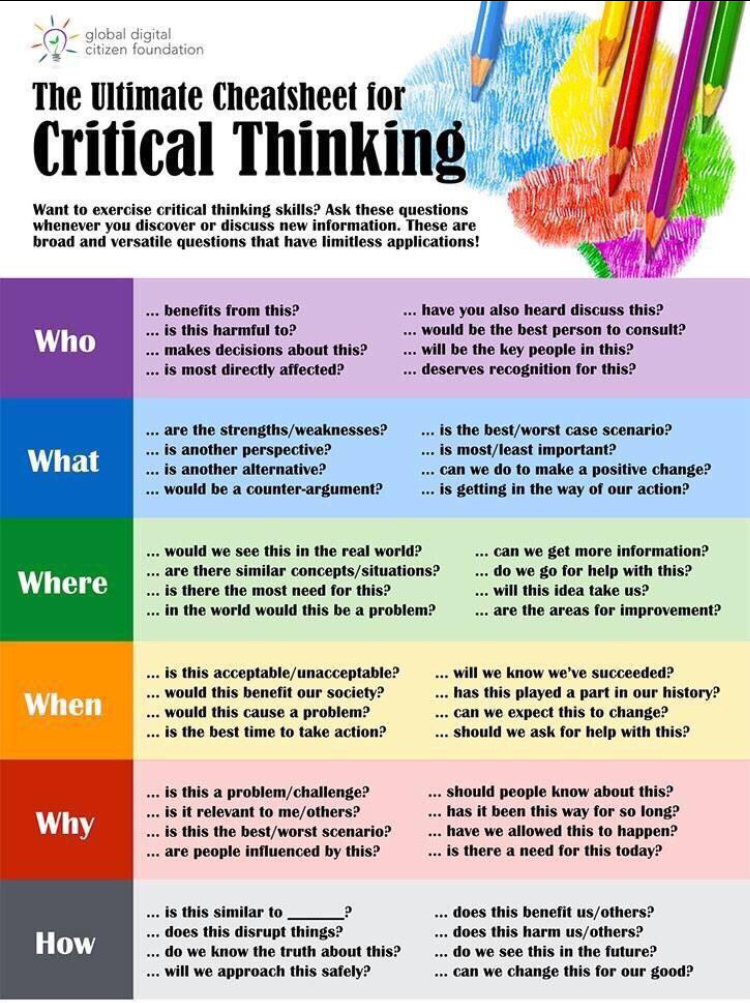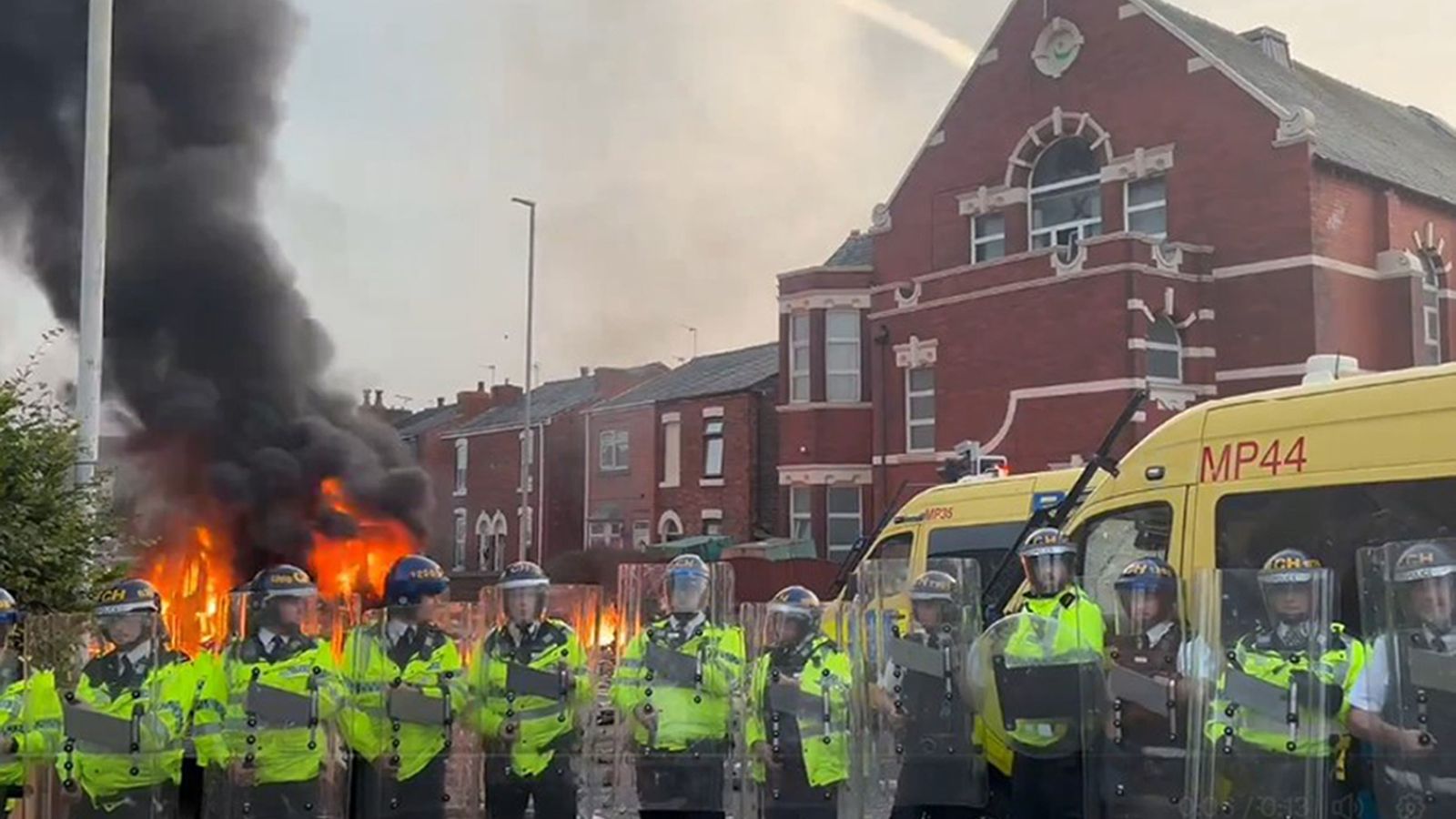Changes to the curriculum could mean schoolchildren analyse articles in English lessons to weed out fabricated stories, learn how to identify fake news in computer classes and analyse statistics in maths.
Bridget Phillipson said she is launching a review of the curriculum in both primary and secondary schools to embed critical thinking across multiple subjects and arm children against “putrid conspiracy theories”.
It means schoolchildren may analyse articles in English lessons to help learn how to them weed out fabricated clickbait from accurate reporting.
Computer lessons could teach them how to spot fake news sites and maths lessons could include analysing statistics in context.
I had to go through similar lessons here in Colorado. A 30 minute meeting in the library saying “hey, if the new site this story is coming from was created 6 months ago, probably bullshit. And ask yourself why some news from last year is being posted today without context.” Little stuff like that. At the time I thought it was useless, but I’ve seen since that so many people Don’t even think of these small precautions.
I am a 40 year old nurse and have trouble spotting fake news glad they are teaching it to kids.
My go to rule is never trust anything on social media
Don’t trust anything surrounded by advertising.
Nothing’s surrounded by advertisements with a good adblock
The tories are going to be pissed about this one
womp womp Daily Mail in shambles
Great. After that, can we teach the adults, too?
Well, is the education actually sponsored by the right wing? 😬

Personally, this would not help me at all. A 48-point series of questions to consider and it’s not in any way insightful.
I’d just write “Is the headline written to be emotional rather than factual? Does the article actually back up the claim in the headline with facts? Does it cite a source that you can check? Does checking the source tell the same story?”
I’ve found a layered approach is the best bet. A lot of articles have little to no political subtext. These can be read in a relaxed manner. Those that appear to have some bias can then be subject to a deeper analysis.
It’s not perfect, but it limits the cognitive load to something manageable, while allowing you to catch the worst articles easily.
The image posted makes a good 2nd or 3rd pass guide.
And by the time you’ve been through all those, your grandparents have forwarded it to you on Facebook with a Minion picture on it and “Something needs to be done!!! 😡😡😡” written under it.
But at least you’ll be informed. Sadly the speed of the internet is much faster than the speed of thought.
Thank you. This should be useful, but just in the first line I see three potential fallacies/biases:
https://en.m.wikipedia.org/wiki/Cui_bono%3F
https://en.m.wikipedia.org/wiki/Mere-exposure_effect
https://en.m.wikipedia.org/wiki/Argument_from_authority
…maybe taken and weighed together their skewed contributions even out.
PS: each is an analytic tool that may apply to your particular problem or not, you don’t have to use all of them.
I went to a state school in the UK and remember being taught media literacy, this would’ve been just over 10 years ago now. I don’t know if it was part of the curriculum or just something they decided to add (while it was a state school, it was a very good one in a wealthy area).
We were told to read headlines and guess what the story was about, then we were shown a neutral article that objectively described what happened to highlight how misleading the headlines and pictures were. Among other things, but that sticks out in my mind.
I honestly think it was a fantastic life skill to teach.
Adults should come first, so they then can teach their children.
This stuff tends to work better the other way around, generally. Adults are unreceptive to mass education campaigns, but they are generally willing to hear their kids out.
We should have been doing this from day one.
Calling it now: any challenges to the status quo (aka holding capitalism and the christian white supremacist patriarchal ableist state and establishment responsible for creating the mess we’re in for their own benefit) are going to be categorised as “putrid conspiracy theories” right along side and equally to shit like blaming the Jews for controlling and manipulating the economy, asylum seekers for stealing all the jobs and white women, trans people for grooming and turning all the kids, disabled people for draining the tax pot, and communists for anything that’s left over.
The education system is far too valuable an asset to the state, they’re not going to let such an important tool of indoctrination be subverted to the point where it can be used against them.
So the kids can get a little critical thinking, as a treat, but not enough to give them ideas above their station.
In fairness, this isn’t massively new and I was taught similar back when I was in school. It was genuinely a really good life skill to teach to kids and it was politically neutral.
It’s a slippery slope.
What happens when, after identifying fake news, they realise that really don’t need the this year’s new smart phone?
Yup, can’t have that!
Does the UK not teach media literacy? I went to public school in Texas and we were given lessons on basic media literacy every few years at a minimum, though I don’t think it was in-depth enough.
Media literacy is an extremely broad subject and includes everything from being able to summarise a text, to the discussion of themes within a work, to considering the arguments of a discursive or argumentative work on its merits. This is taught in UK schools.
Fake news, outrage bait, etc. is kind of a different beast, because you have to consider whether the author is writing in good faith as well as knowing a series of rhetorical tricks to look out for. This wasn’t taught to me in school.
deleted by creator
Sky News UK - News Source Context (Click to view Full Report)
Information for Sky News UK:
MBFC: Least Biased - Credibility: High - Factual Reporting: High - United Kingdom
Wikipedia about this sourceSearch topics on Ground.News





